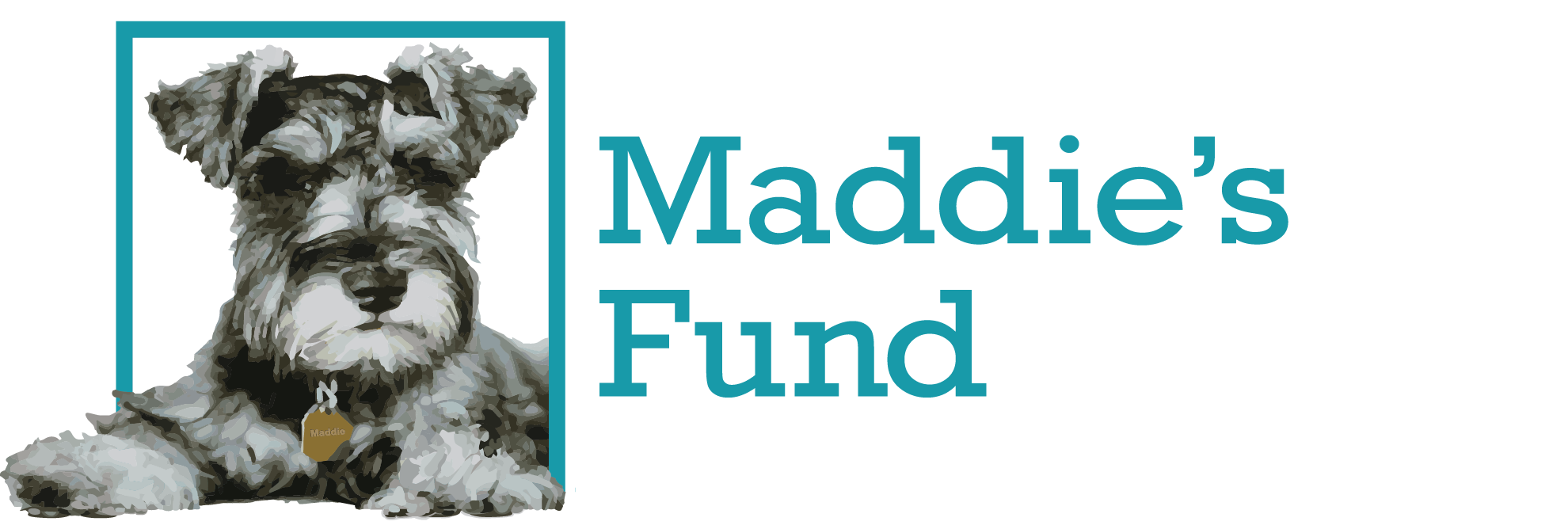
In the mood for Spring cleaning? This is a great time of year to do an assessment of the administrative details of your nonprofit organization, and clean up any loose ends that may have escaped your attention during the course of a busy year.
Although pet rescue staff and members tend to get more excited about adoptions, spay/neuter projects and exciting new fundraising ideas, it's important to strive for continuous improvement in your organizational development as well.
An organizational self-assessment is a great way to identify areas of concern and opportunities for growth. Here are a few issues you should examine and discuss on an annual basis, either in your Executive Committee or with the full Board:
Bylaws: How long has it been since you've reviewed and updated your bylaws? This should be a living document that you refer to regularly; they're the rules you agree to live by in conducting your operations and activities. Do they make still make sense, or has your organization changed? Are you really following your bylaws? If you have clauses relating to meeting attendance requirements, officer term limits or election calendars, make sure you're adhering to them.
Documentation: Starting from Day One, your organization's staff spend a lot of time developing processes and procedures to govern and direct projects and day-to-day operations. Is somebody capturing all of that process development so that it doesn't have to be re-done over and over? Part of every staff and volunteer's job description should be documenting how work is accomplished. If you don't have operations and project manuals already, start them now. Include checklists, vendor and media contact information, calendars and work plans to make life easier for you and everybody who comes after you. Which brings us to...
Succession planning: Does your organization have a plan to address the transition or loss of key leaders? What will you do if your Executive Director, board president or key staff leave the program? Nobody likes to think about sudden change, but it's much easier to deal with if you have a plan.
Performance Evaluations: Has the Board conducted a written performance evaluation of your Executive Director? Written performance evaluations should occur for all staff six months after hiring, and then annually (from date of hire) thereafter. The performance evaluation is crucial to professional growth, regardless of whether it is tied to an annual pay increase. This is a chance for the board and the Executive Director to review the E.D.'s accomplishments and challenges of the past year, and to agree on and document the E.D.'s personal goals and objectives for the coming year. Use a consistent review format, so that your E.D. can demonstrate his or her progress and growth from year to year.
Feeling extra ambitious? Performance evaluations for each of your board members, complete with personal goal-setting, is a strategy that can lead to spectacular achievements in the coming year!
Long-Term Strategic Planning: If you do nothing else this year from an organizational perspective, invest time and resources into creating a three-to-five-year strategic plan for your organization. A good, long-term work plan can turn your program into a powerhouse of accomplishments...and help you prove to your community and to funders that your organization is a great investment!
Budget Projections: Start thinking now about the projects you'll want to address in your next fiscal year. How much money will you need? What about your basic operational costs - rent, utilities and salaries? Estimate next year's needs now so that you can start planning your fundraising activities with a firm goal in mind. Aim to have your formal budget ready for board review at least a month before the new fiscal year starts.
Board Training Plan: Do you have an ongoing plan for your board members' development? It's easy to forget that even your veterans need updated information and new ideas to keep their skills sharp. Try to schedule at least two formal training presentations for your board members during the course of the coming year, either as part of a regular board meeting, or as special workshops. Of course, this is in addition to the in-depth training you're providing to all new board members as part of their orientation...right?
Use this list as a starting point for your organizational self-assessment; your staff and Board members will probably have more ideas about issues they'd like to review on an annual basis.
Issues identified during your self-assessment should be included in your annual work plan, with detailed action steps and deadlines showing how and when you will address each issue.
Maintaining the organizational health of your programs is just as important to the long-term success of your mission as great adoption events, advocacy work and fundraising projects! A strong organizational base will ensure that your rescue programs will continue to save lives in your community for many years to come.
Jeannette Peters of Nonprofit Management Consulting LLC is an organizational development specialist who works with a wide variety of community-based programs to improve effectiveness and performance. A former attorney, Jeannette has studied organizational development at the Anderson Graduate School of Business Management at UCLA. She specializes in strategic planning, grantwriting and 501(c)(3) issues. She can be reached at (352) 371-7412 orjp@getfunded.org.